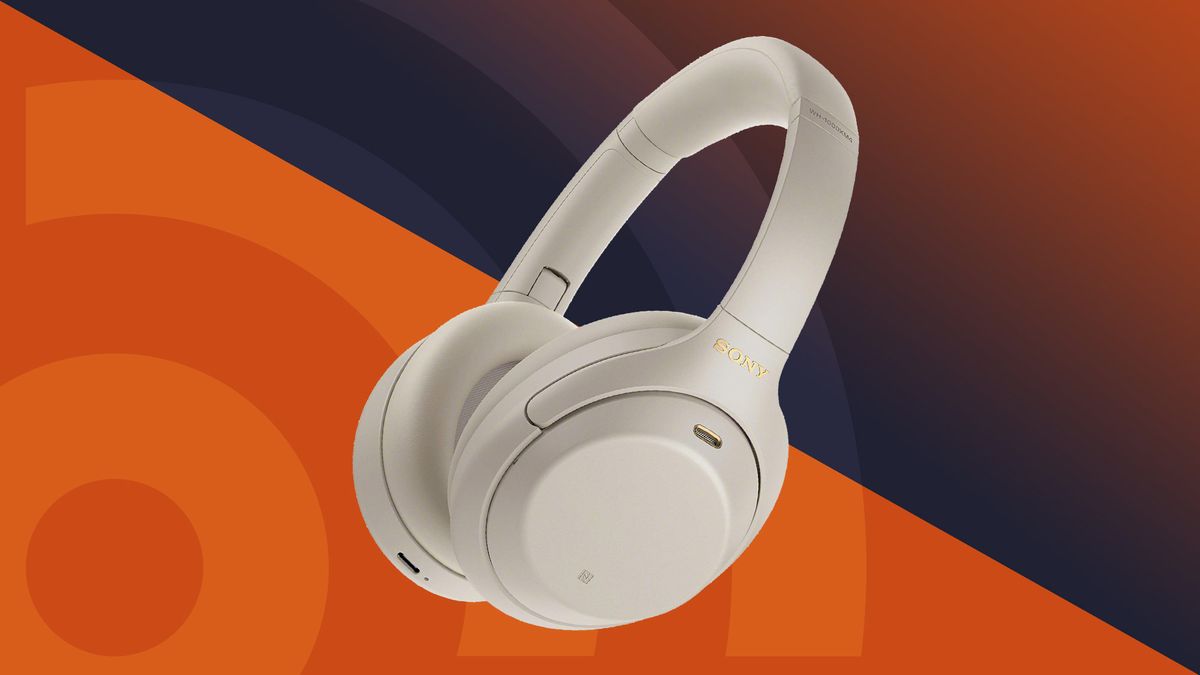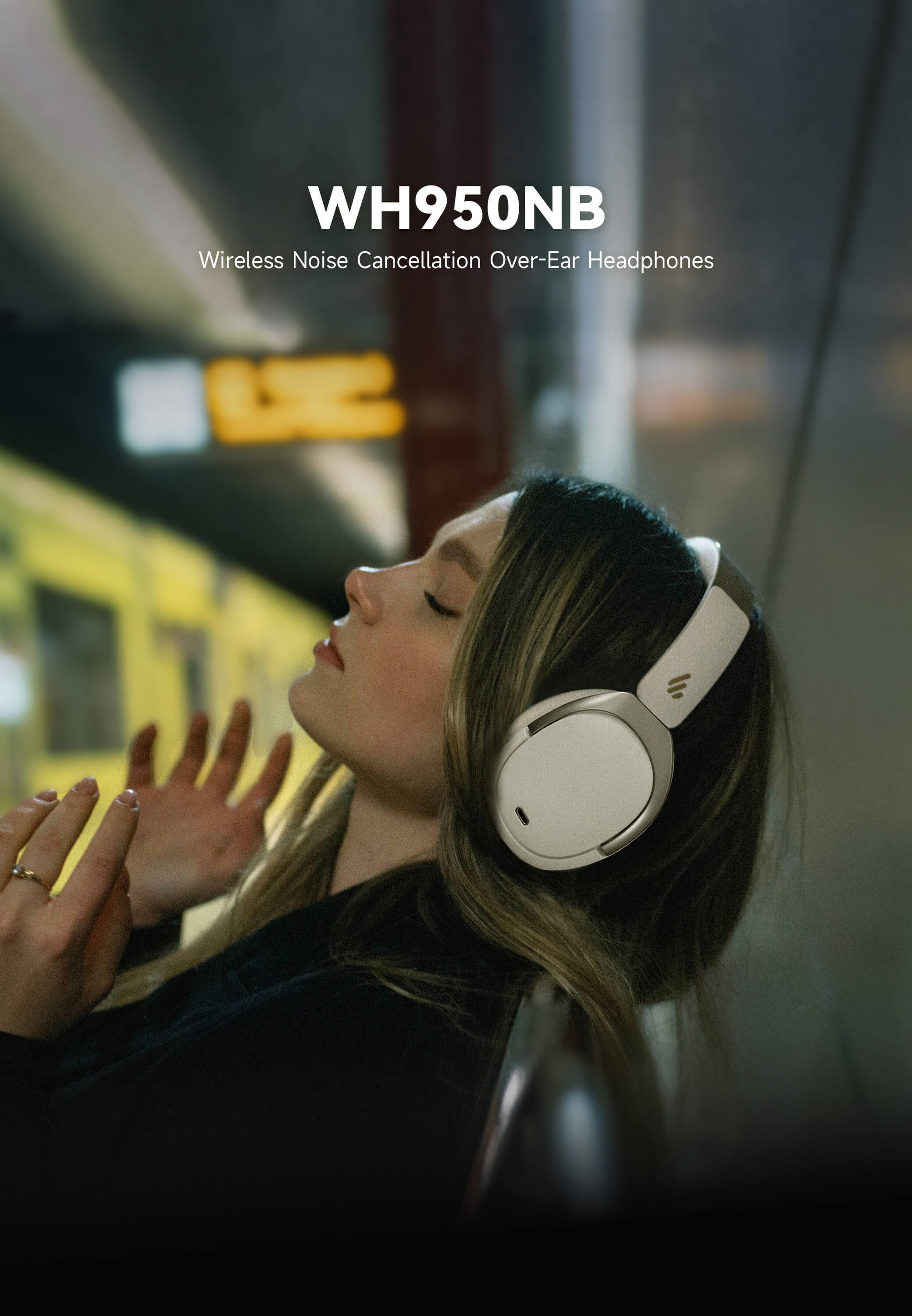Are you familiar with that persistent ringing in your ears after attending a concert? This phenomenon, known as tinnitus, can be quite bothersome and unsettling. The good news is, there are ways to combat this post-concert ringing and protect your precious hearing. In this blog, we will delve into effective strategies on how to stop ringing in ears after a concert. Whether you’re a concert enthusiast or a first-time attendee, understanding the causes of tinnitus and implementing preventative measures can make a significant difference in safeguarding your auditory health. Let’s explore practical tips and remedies to silence the sound and ensure your ears stay healthy and happy!
Understanding Tinnitus: Why Does Your Ears Ring After a Concert?
After attending a loud concert, many people experience a ringing sensation in their ears due to a condition known as tinnitus. Tinnitus is the perception of noise or ringing in the ears when no external sound is present. In the case of concerts, the loud music and cheering crowds can cause temporary damage to the delicate hair cells in the inner ear, leading to the sensation of ringing.
The Mechanism of Tinnitus
Tinnitus after a concert is often a result of exposure to high decibel levels. The loud music causes the hair cells in the cochlea to bend or even break, triggering abnormal electrical signals to the brain that are perceived as ringing sounds. This damage is usually temporary but can become permanent with repeated exposure to loud noises.
This damage can result in a persistent ringing sound even after leaving the concert venue.
Preventing Tinnitus Post-Concert
To prevent tinnitus after a concert, it is crucial to protect your ears from excessive noise exposure. Using earplugs during loud events can significantly reduce the risk of damage to the inner ear. Additionally, taking breaks from the noise, moving away from the speakers, and lowering the overall volume can help mitigate the chances of developing tinnitus.
- Wearing earplugs during concerts can reduce the impact of loud music on your ears.
- Limit your exposure to high decibel levels to protect your hearing.

Preventive Measures: How to Protect Your Ears During Concerts
Attending concerts and music festivals can be exhilarating experiences, but they often come with a downside – the risk of damaging your ears. Taking preventive measures to protect your ears during these events is crucial to avoid the dreaded ringing in your ears after a concert. Here are some effective ways to safeguard your hearing:
1. Use Earplugs
One of the simplest and most effective ways to prevent ear damage at concerts is by using earplugs. High-fidelity earplugs are specially designed to filter out harmful noise while preserving the quality of the music. These earplugs reduce the volume without distorting the sound, making them a must-have accessory for concert-goers.
Ensure that you insert the earplugs correctly to maximize their effectiveness.
2. Maintain a Safe Distance from Speakers
Positioning yourself too close to loudspeakers can expose your ears to dangerously high decibel levels. To minimize the impact of loud music on your hearing, stay at a reasonable distance from the speakers.
- Avoid standing directly in front of the speakers.
- Opt for a spot where the sound is clear but not overwhelmingly loud.
- Take breaks in quieter areas to give your ears a rest.
Immediate Relief: Remedies to Stop Ringing in Ears After a Concert
After a loud concert, it’s common to experience a persistent ringing in the ears, known as tinnitus. This sensation can be bothersome and even lead to long-term hearing damage if not addressed promptly. Luckily, there are several immediate remedies you can try to alleviate the ringing and protect your hearing.
1. Rest and Relaxation
One of the most effective ways to reduce ringing in the ears after a concert is to give your ears a break. Avoid exposure to loud noises, and indulge in some quiet time to allow your ears to recover. Rest is crucial for your ears to heal from the strain of loud music.
2. Use Earplugs
Prevention is key when it comes to protecting your ears. Invest in quality earplugs to wear during concerts or other noisy events. These earplugs can help reduce the intensity of sound reaching your ears while still allowing you to enjoy the music. Protecting your ears can prevent tinnitus in the first place.
Long-Term Solutions: Lifestyle Changes for Preventing Tinnitus
After experiencing ringing in your ears following a concert, it’s crucial to focus on long-term solutions to prevent tinnitus. Incorporating certain lifestyle changes can play a significant role in protecting your hearing and avoiding persistent ringing sensations.
Protect Your Ears
One of the most important steps is to use earplugs during loud events, such as concerts, to minimize exposure to harmful noise levels. Investing in high-quality ear protection can make a substantial difference in preventing tinnitus.
Healthy Habits
Adopt a balanced diet rich in antioxidants and vitamins to support overall ear health. Regular exercise can improve blood circulation to the ears, reducing the risk of tinnitus. Additionally, avoiding smoking and limiting alcohol consumption are essential for hearing preservation.
Stress Management
Chronic stress can exacerbate tinnitus symptoms. Incorporating stress-reducing activities such as yoga, meditation, or deep breathing exercises can help alleviate tension and promote relaxation, benefiting your overall hearing health.

Frequently Asked Questions
- What causes ringing in ears after a concert?
- Ringing in ears after a concert, also known as tinnitus, is typically caused by exposure to loud sounds or music. The loud noises can damage the delicate hair cells in the inner ear, leading to the perception of ringing or buzzing sounds.
- How can I prevent ringing in ears after a concert?
- To prevent ringing in ears after a concert, it’s important to protect your hearing by wearing earplugs during loud events. Limiting exposure to loud noises and taking breaks during concerts can also help reduce the risk of developing tinnitus.
- Is ringing in ears after a concert permanent?
- In some cases, ringing in ears after a concert may be temporary and subside on its own after some time. However, repeated exposure to loud noises without protection can lead to permanent tinnitus. It’s essential to seek medical attention if the ringing persists for an extended period.
- Can home remedies help stop ringing in ears after a concert?
- While some home remedies like using white noise machines or practicing relaxation techniques may help mask the ringing in ears temporarily, it’s advisable to consult a healthcare professional for proper evaluation and treatment of tinnitus.
- When should I see a doctor for ringing in ears after a concert?
- If the ringing in your ears persists for more than a couple of days after a concert, or if it is accompanied by dizziness, pain, or changes in hearing, it’s recommended to see a doctor or an audiologist for a thorough assessment and appropriate management.
Final Thoughts
After an exhilarating concert experience, dealing with ringing in the ears can be daunting. However, by taking proactive measures, you can alleviate this discomfort and protect your hearing for the long term. Remember to use earplugs during concerts, limit exposure to loud noises, and give your ears ample rest. Avoid using cotton swabs and opt for ear drops to maintain ear hygiene. If the ringing persists, seeking professional help is crucial. Your hearing health is paramount, so prioritize it and enjoy music responsibly. Implementing these strategies can help silence the sound and ensure you continue to enjoy music without any hindrances.
